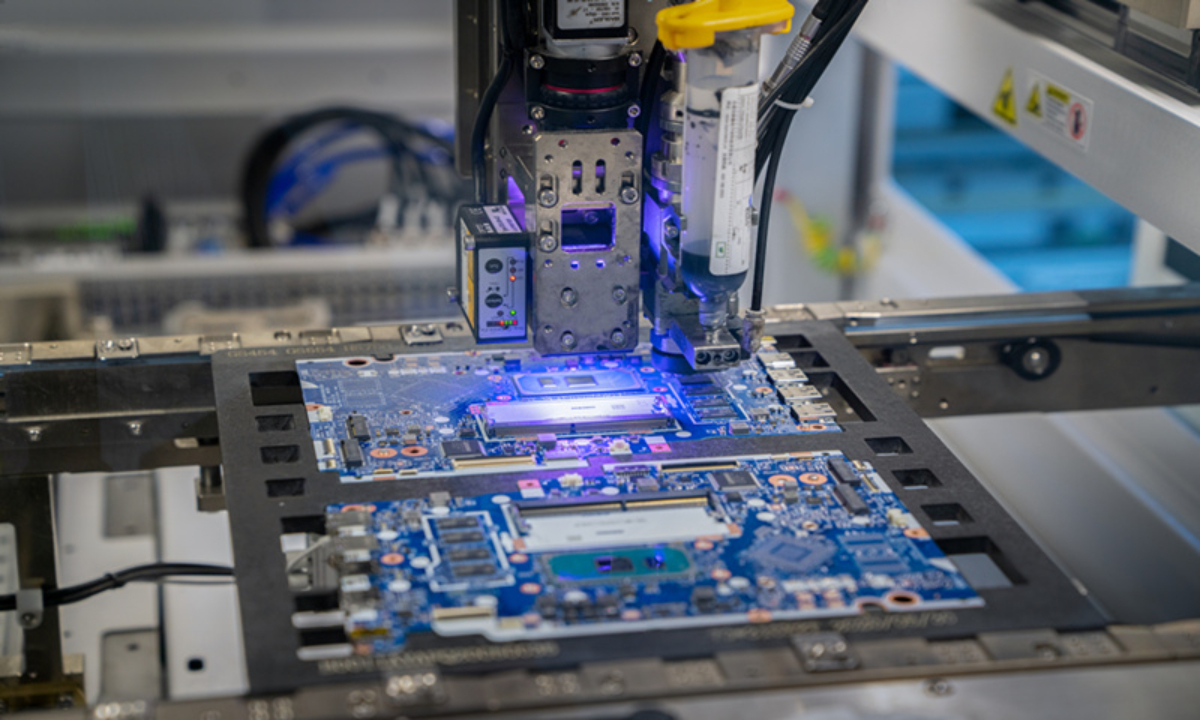Tesla's Self-Driving Future Under Scrutiny: Lawsuits Spark Debate and Raise Safety Concerns

Tesla's ambitious vision of a fully autonomous future is facing a significant challenge as recent lawsuits escalate scrutiny over its self-driving technology. These legal battles aren't just about individual accidents; they're raising fundamental questions about the safety, reliability, and ultimately, the viability of Tesla's Autopilot and Full Self-Driving (FSD) systems. The cases have reignited debate around CEO Elon Musk's promises and whether he can deliver on the technological breakthroughs critical to Tesla's long-term success.
The Growing Legal Landscape
The lawsuits stem from incidents where Tesla vehicles, operating under Autopilot or FSD, were involved in accidents, some resulting in serious injuries or fatalities. Plaintiffs allege that Tesla's systems are defective, misleadingly marketed, and fail to adequately warn drivers about their limitations. A key point of contention is whether Tesla adequately communicates the requirement for drivers to remain attentive and ready to intervene, even when the vehicle is in autonomous mode.
These aren’t isolated incidents. The increasing number of lawsuits highlights a broader pattern of concern regarding the performance and safety of Tesla’s driver-assistance features. Regulators, including the National Highway Traffic Safety Administration (NHTSA) in the United States, are actively investigating Tesla’s Autopilot system and have issued safety recalls related to its functionality. The scrutiny extends beyond the US, with similar concerns being voiced in other markets where Tesla operates.
Elon Musk's Credibility and the Pressure to Deliver
The lawsuits have inevitably put CEO Elon Musk under intense pressure. Musk has long championed Tesla’s self-driving capabilities, frequently predicting imminent full autonomy. His bold pronouncements, however, have often been met with delays and criticism, leading some to question the accuracy of his timelines and the overall approach to developing self-driving technology. The current legal challenges are seen by many as a direct consequence of this ambitious, and some would argue, overly optimistic approach.
The success of Tesla's future is inextricably linked to its ability to perfect self-driving technology. Full autonomy promises to revolutionize transportation, unlock new revenue streams (such as robotaxis), and solidify Tesla's position as a leader in the automotive industry. However, the current legal and regulatory headwinds pose a significant threat to achieving this vision.
Beyond the Lawsuits: A Broader Perspective
The debate surrounding Tesla's self-driving technology extends beyond the courtroom. Experts are divided on the feasibility of achieving full autonomy in the near term, citing challenges related to unpredictable real-world driving conditions, the need for robust sensor technology, and the complexities of artificial intelligence. The lawsuits serve as a stark reminder of the potential consequences of deploying advanced driver-assistance systems before they are fully mature and validated.
Moving forward, Tesla will need to address the concerns raised by regulators, plaintiffs, and the broader public. This likely involves enhancing the safety features of its Autopilot and FSD systems, improving driver monitoring technology, and providing clearer and more comprehensive warnings to drivers. Transparency and a commitment to safety will be crucial for restoring confidence in Tesla’s self-driving ambitions and navigating the legal and regulatory landscape ahead. The future of Tesla's self-driving technology – and potentially the company itself – hangs in the balance.




